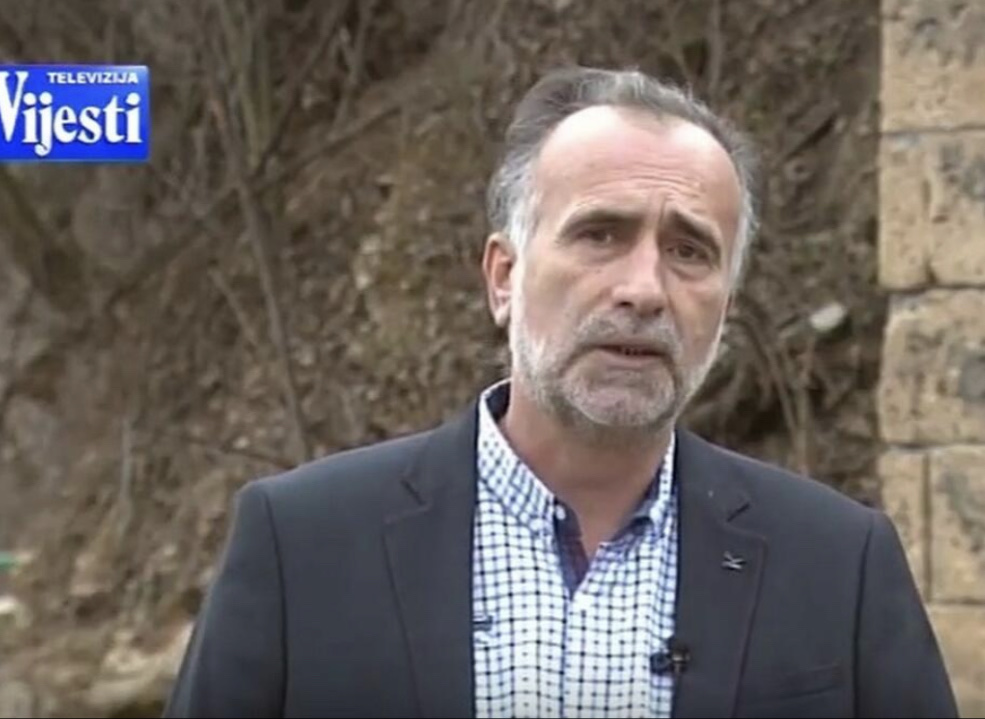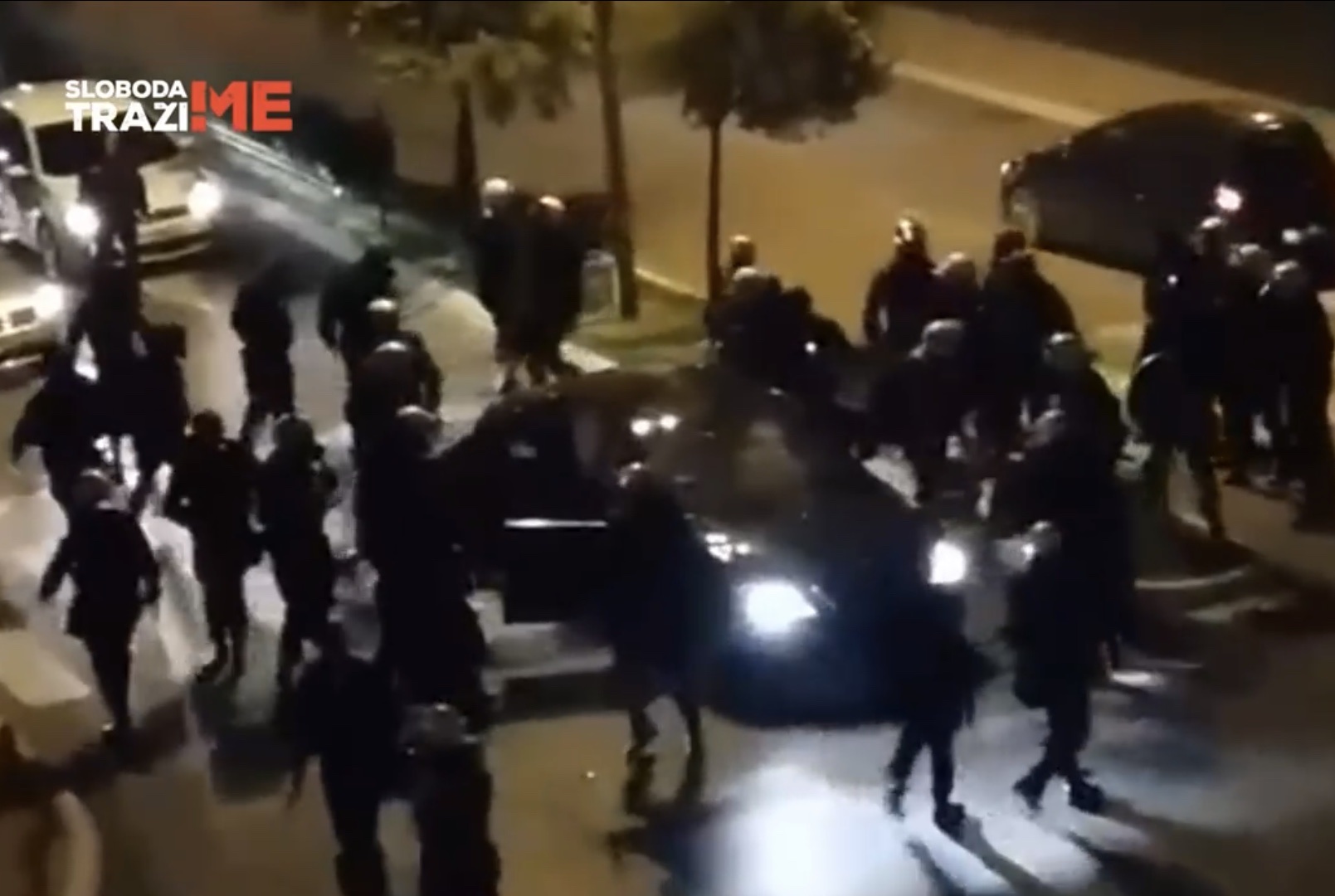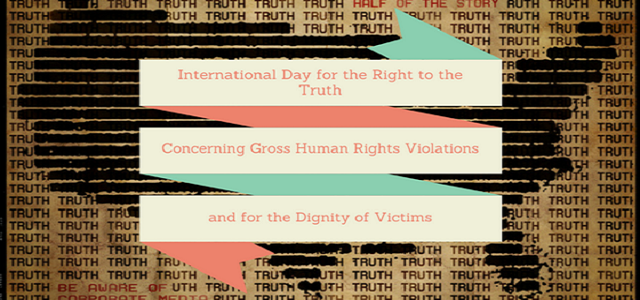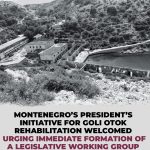
REACTION TO THE ATTACK ON JOURNALIST SEAD SADIKOVIĆ
21/03/2021
MARTINOVIĆ v. MONTENEGRO – DECISION OF THE STRASBOURG COURT IN TORTURE CASE
01/04/2021THE INTERNATIONAL DAY FOR THE RIGHT TO THE TRUTH CONCERNING GROSS HUMAN RIGHTS VIOLATIONS AND FOR THE DIGNITY OF THE VICTIMS: MONTENEGRO TO ENSURE FAIR REPARATIONS FOR ALL VICTIMS

Source: Time Bulletin
Today is the International Day for the Right to the Truth concerning Gross Human Rights Violations and for the Dignity of Victims. This commemorative day was established by the United Nations General Assembly on December 21, 2010.
On this day, 41 years ago, Oscar Arnulfo Romero, an archbishop from the Central American state of El Salvador, was assassinated while holding a mass, as he criticized mass violations of human rights, murder and torture in the civil war and social injustice. No one has ever been held accountable for Romero’s murder, and the memory of his fight for a more just society, in which human rights will be respected, lives on today. The Human Rights Action (HRA) pays tribute to all human rights activists who, like Romero, lost their lives in that fight.
Montenegro has not done enough to provide justice for the victims of war crimes, which belong to gross human rights violations. War crimes of the 1990s were not effectively prosecuted, and the Supreme Court then denied victims access to litigation calling upon the statute limitations. Therefore, the HRA proposed to the new government to compensate the victims of the crimes in Bukovica, Kaluđerski Laz, Murino and the Deportation of Refugees, whose requests were rejected only because the state had so far failed to establish responsibility for those crimes. We continue to point out that the state has not done enough to bring the perpetrators to justice and that the Special State Prosecutor’s Office has not responded to expectations in this area.
Unfortunately, the civilian victims of war are not recognized by the Law on Veterans and Disability Protection. Although there are few such persons in Montenegro (e.g. families of victims of abduction in Štrpci), providing social protection to this category of people would be a significant step in supporting their families and dealing with the consequences of the wars of the 1990s.
Also, Montenegro still does not have a Law on Rehabilitation and Compensation of Victims of Political Persecution of Prisoners on Goli Otok, Saint Grgur and other prisons. Only on Goli otok, there were 3,390 Montenegrins, which was 21.5% of the total number of prisoners, which was by far the largest in proportion to the population of the then Yugoslav republics. Serbia, Croatia and Slovenia adopted laws that allow former political prisoners to rehabilitate and compensate them and their families. The previous government did not consider the proposal of HRA and the association “Goli otok” towards the adoption contrary to expressed promises.
HRA has recently sent several proposals to the new Montenegrin government to recognize the status of all victims of serious human rights violations, determine appropriate compensation and provide moral satisfaction.
Denying victims of human rights violations is disregarding human rights. Montenegro must make a crucial effort to ensure that all victims of gross human rights violations in the past get satisfaction and are not forgotten. Such treatment, grounded in moral and legal principles, would be an important pledge for a better future.







 English
English